If you’ve ever had a scoop of ice cream, a cheesy pizza, or a creamy latte, only to feel bloated, gassy, or just plain awful afterward, you might have wondered—am I lactose intolerant?
Lactose intolerance is one of those sneaky conditions that can show up suddenly or gradually over time, and it’s more common than you might think. Some people have had it their whole lives and just assumed digestive discomfort was “normal,” while others develop it later and are left wondering why dairy suddenly feels like an attack on their stomach.
How Can You Tell?

So, how do you know for sure if you’re lactose intolerant? Should you cut out dairy completely? And why are some people able to guzzle down milkshakes with zero issues while others suffer after a single slice of cheese? Let’s break it all down—from who’s most at risk to the telltale symptoms and what to do if your body isn’t loving lactose anymore.
What Exactly Is Lactose Intolerance?
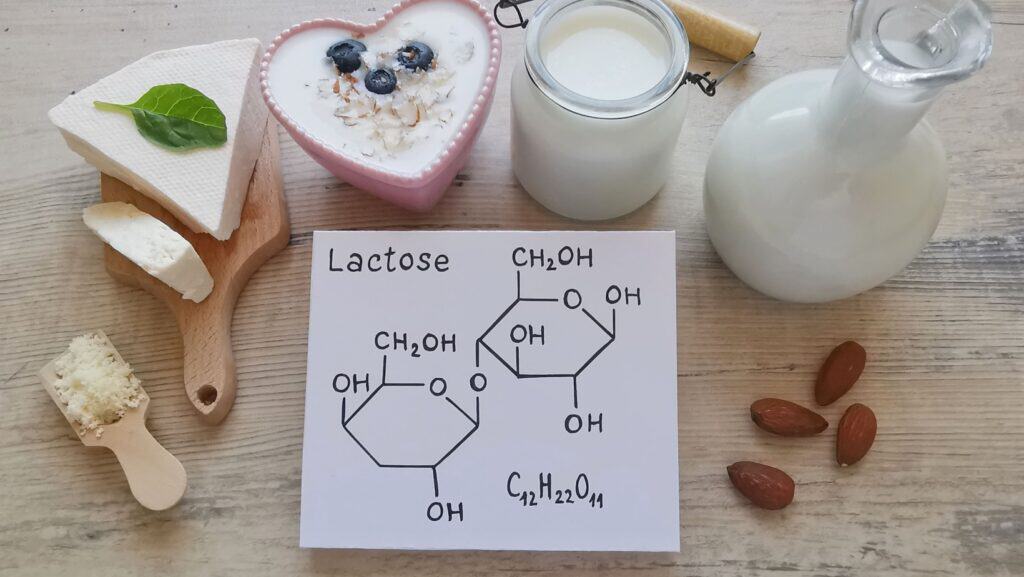
Lactose intolerance happens when your body doesn’t produce enough lactase, the enzyme responsible for breaking down lactose (the sugar found in milk and dairy products). Normally, lactase breaks lactose into two simple sugars—glucose and galactose—which your body can easily absorb. But if you don’t have enough lactase, that lactose hangs around undigested in your gut, causing all kinds of discomfort.
It is NOT An Allergy
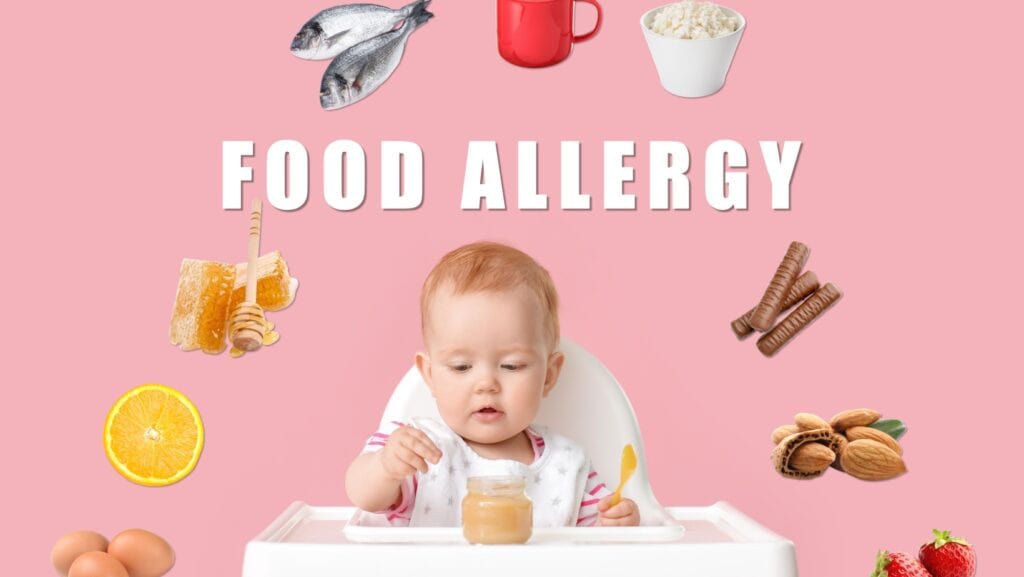
Unlike a milk allergy (which involves the immune system and can be dangerous), lactose intolerance is a digestive issue. It won’t kill you, but it can definitely make you miserable.
Who’s More Prone to Lactose Intolerance?

Some people can drink milk their whole lives with no issues, while others feel sick after just a sip. Why? It mostly comes down to genetics and ethnicity.
Here’s the breakdown:
- It’s more common in certain populations. Around 65-70% of the world’s population has some degree of lactose intolerance. In the U.S., it affects about 30-50 million people.
- People of East Asian, African, Native American, and Hispanic descent are more likely to be lactose intolerant. That’s because their ancestors didn’t historically rely on dairy as a food source, so their bodies naturally produce less lactase.
- Northern Europeans have the lowest rates of lactose intolerance because their ancestors developed a genetic mutation that allowed them to digest milk into adulthood.
Age Matters

Age also plays a role. Many people lose lactase production as they get older, meaning someone who had zero problems drinking milk as a kid might start noticing symptoms in their 20s, 30s, or beyond.
What Are the Symptoms of Lactose Intolerance?
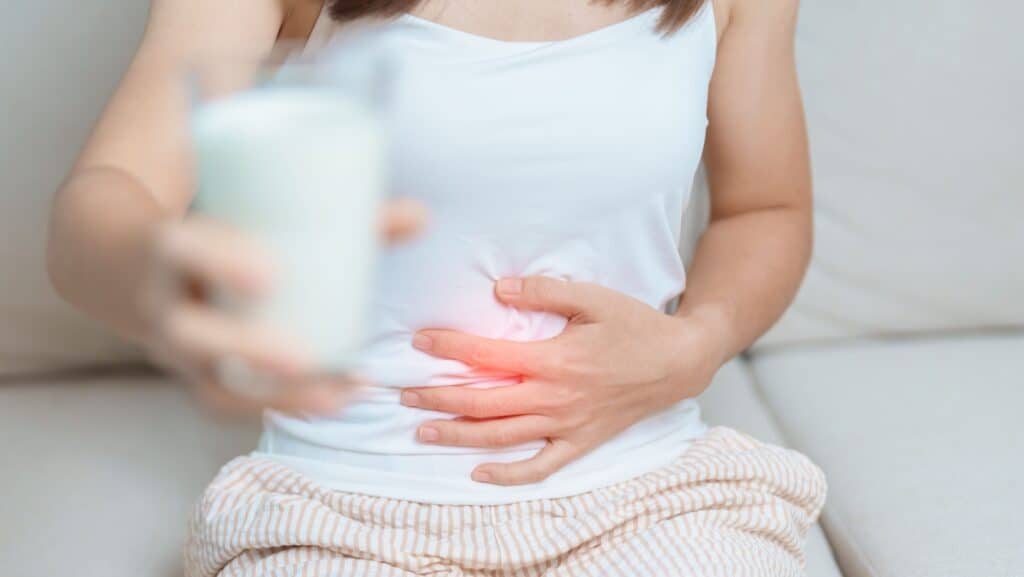
If your body isn’t handling lactose well, you’ll usually know within a few hours of eating dairy. The symptoms vary,but the most common ones include:
- Bloating (that uncomfortable, tight belly feeling)
- Gas (and sometimes, a LOT of it)
- Diarrhea (because undigested lactose pulls water into your intestines)
- Stomach pain or cramps
- Nausea (especially if you consume a lot of dairy at once)
Some people also report feeling tired or foggy, though that’s less well-documented in research.
How Do You Know for Sure If You’re Lactose Intolerant?
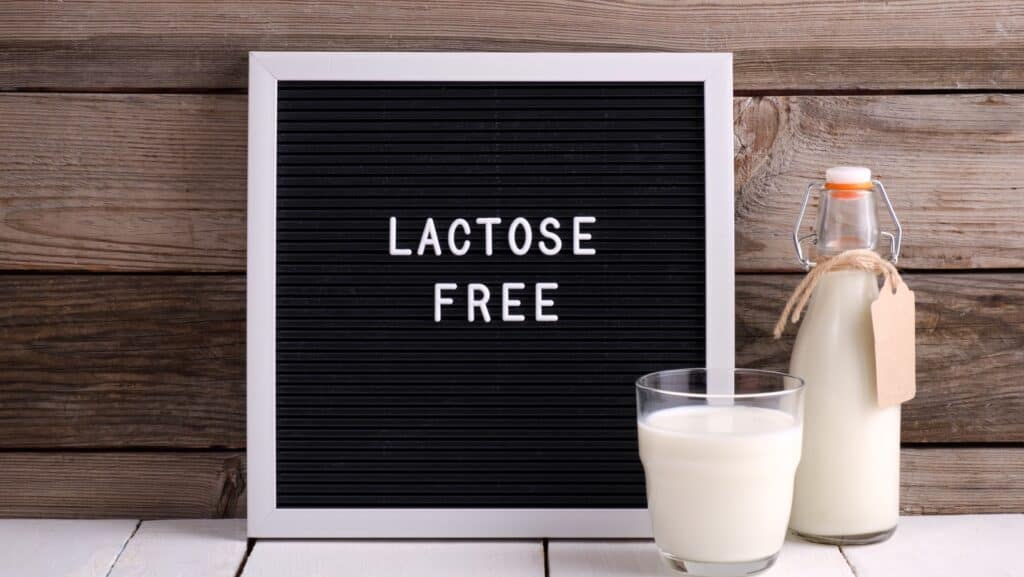
If dairy makes you miserable, you might be tempted to just assume you’re lactose intolerant and cut it out. But before you swear off cheese forever, there are a few ways to know for sure:
1. The Elimination Test (Easy DIY Method)
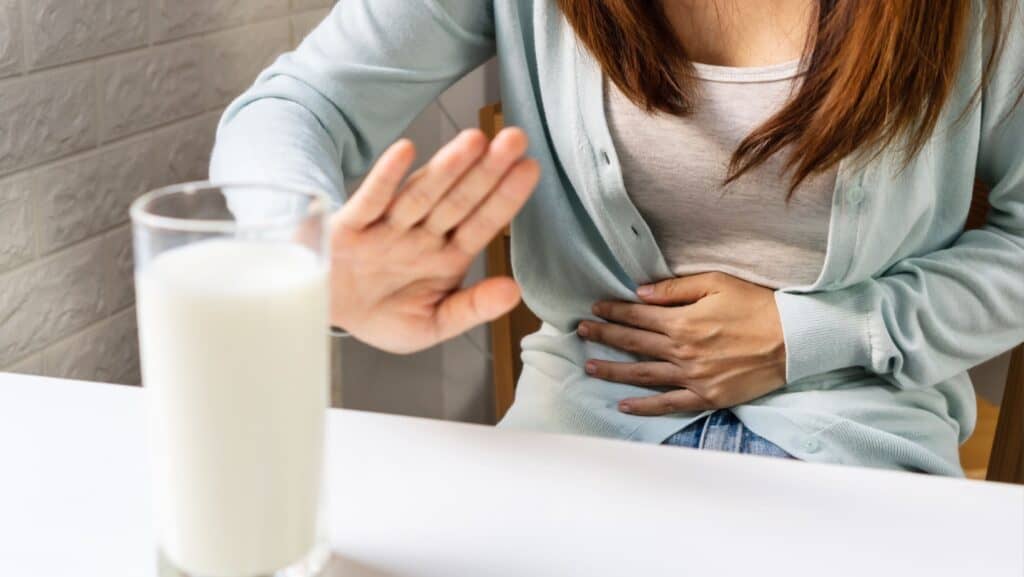
- Stop eating dairy completely for at least two weeks and see how you feel.
- Slowly reintroduce dairy and note any symptoms.
- If your symptoms return after eating dairy, you’re probably lactose intolerant.
2. The Lactose Tolerance Test (Lab Test)
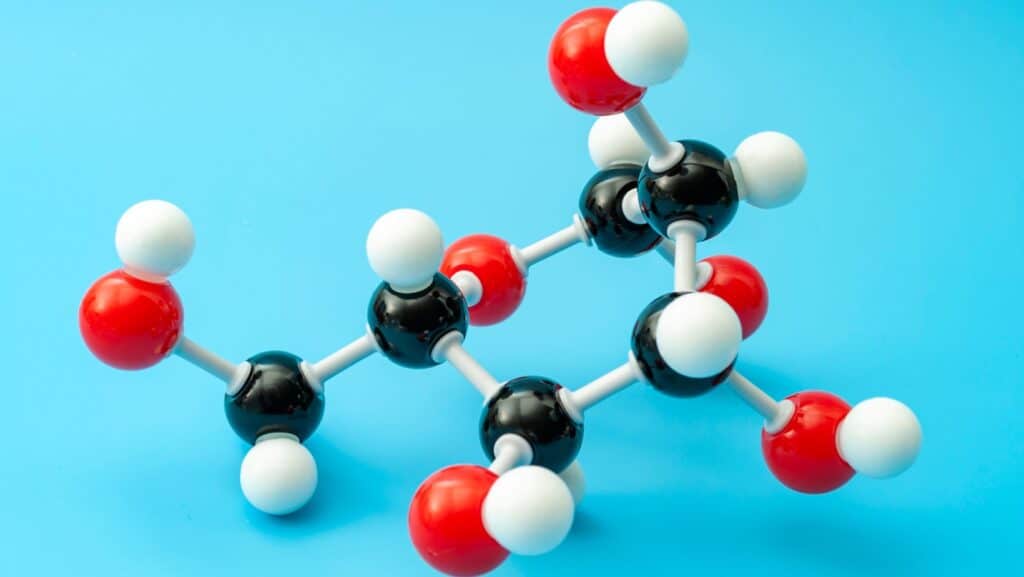
Your doctor will have you drink a lactose-rich solution and then measure how much glucose (broken-down lactose) appears in your blood. If your glucose levels stay low, it means your body isn’t digesting lactose properly.
3. The Hydrogen Breath Test (More Commonly Used)
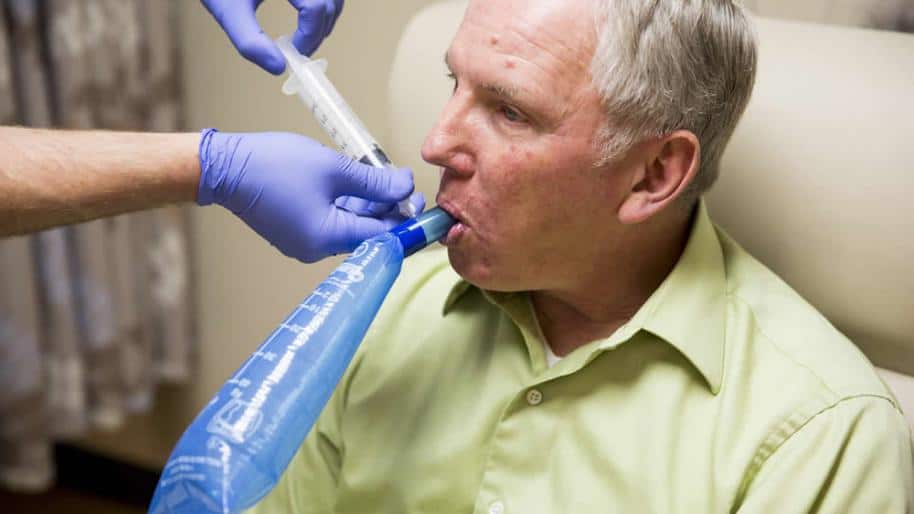
When lactose isn’t digested, bacteria in your gut ferment it, producing hydrogen gas. This test measures how much hydrogen is in your breath after drinking a lactose-heavy drink. If hydrogen levels are high, you’ve got lactose intolerance.
4. Genetic Testing
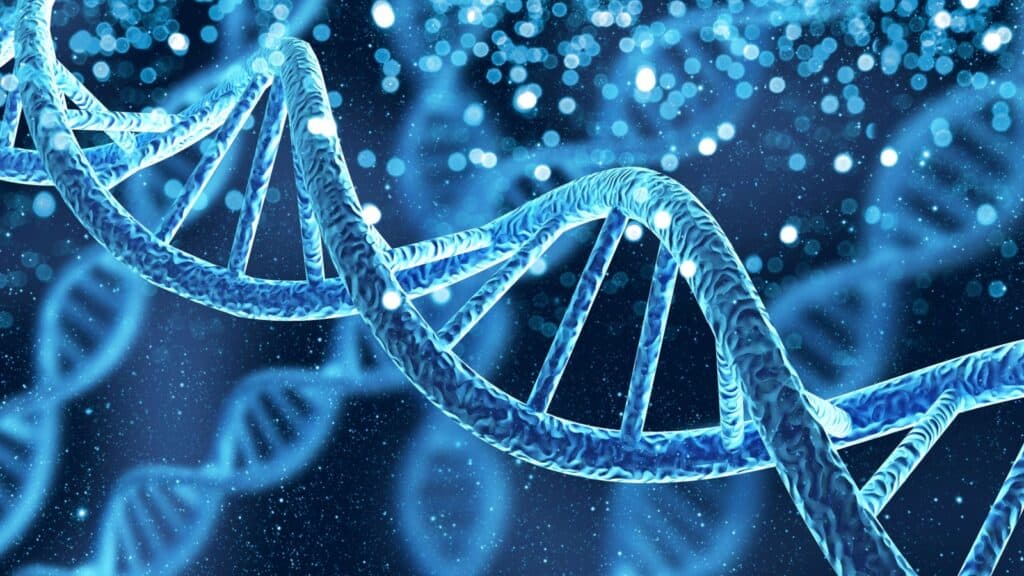
Some DNA tests can check for the lactase persistence gene, which determines whether you’re genetically prone to lactose intolerance. But this won’t tell you how well your body actually digests dairy right now—it just gives insight into your genetic likelihood.
Should You Just Stop Eating Dairy?

If dairy is making you miserable, cutting back (or cutting it out) might seem like the best solution. But you don’t necessarily have to go fully dairy-free. Here’s why:
- Some dairy products are lower in lactose and easier to digest, like hard cheeses (cheddar, Parmesan), butter, and yogurt with live probiotics.
- Lactose-free dairy exists! Brands like Lactaid remove the lactose but keep everything else the same.
- Lactase enzyme supplements (like Lactaid pills) can help you digest lactose when you eat dairy.
Some people find they can handle small amounts of dairy without symptoms, especially if they eat it with other foods. Others need to avoid it completely. It’s all about trial and error.
Are There Any Risks to Ditching Dairy?
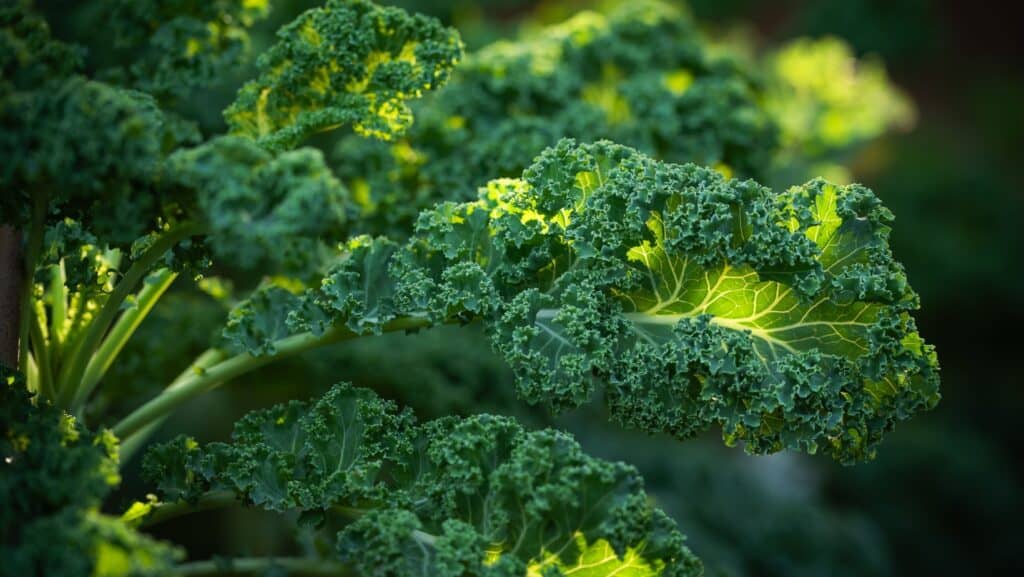
If you stop eating dairy entirely, you’ll need to make sure you’re still getting enough calcium and vitamin D, which are essential for bone health. You can get these nutrients from:
- Leafy greens (kale, bok choy)
- Almonds
- Fortified plant-based milks (like almond, soy, or oat milk)
- Fatty fish (like salmon)
- Egg yolks
If you’re cutting out dairy, it’s smart to check with your doctor or dietitian to make sure you’re getting what you need.
Could It Be Something Else?

Not all dairy-related stomach issues are due to lactose intolerance. If dairy bothers you but you don’t test positive for lactose intolerance, you might have:
- A milk allergy (which involves the immune system and can cause hives, swelling, or even life-threatening reactions).
- Irritable bowel syndrome (IBS), which can make digesting dairy (and other foods) tricky.
- A sensitivity to dairy proteins, rather than the lactose itself.
Final Thoughts: Should You Keep Eating Dairy?

Lactose intolerance is incredibly common, and if you’re experiencing bloating, gas, or digestive distress after eating dairy, it’s worth exploring. The best way to know for sure is to test how your body reacts—either through an elimination diet or medical testing.
But having lactose intolerance doesn’t mean you have to give up dairy completely. Many people can still enjoy certain dairy products, take lactase supplements, or switch to lactose-free alternatives. The key is figuring out what works for your body—because life without ice cream? That’s just sad.
So if you’ve been wondering whether dairy is the culprit behind your digestive issues, now’s the time to experiment, pay attention to your symptoms, and see if lactose intolerance is what’s really messing with your stomach. Your gut will thank you!
Did Your Birth Affect Your Gut Health? Here’s What Science Says

The human microbiome is a complex and dynamic collection of microorganisms that inhabit various parts of our bodies, including the gut, skin, and respiratory tract. Recent research has revealed the critical role that the microbiome plays in health and disease, particularly during the earliest stages of life. One of the most significant factors influencing the establishment of a newborn’s microbiome is the mode of delivery. Vaginal birth, in particular, has been shown to have a profound impact on a baby’s microbiome in some studies, potentially laying the foundation for lifelong health.
READ: Did Your Birth Affect Your Gut Health? Here’s What Science Says





